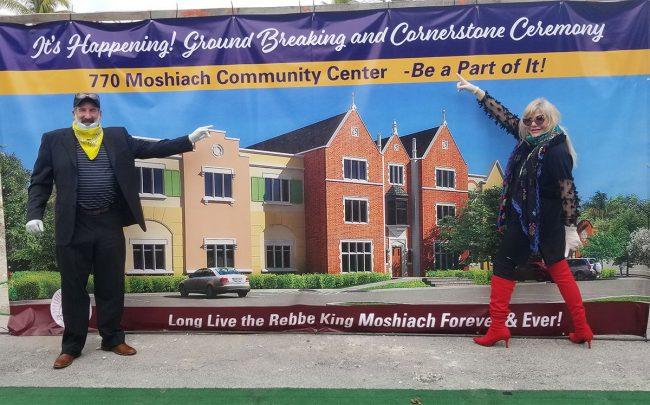Construction firms across South Florida are on edge over threats of a shutdown.
Earlier this week, Miami Beach shut down construction sites for failing to follow social distancing guidelines, issuing stop work orders for two commercial projects. At the same time, the city of Miami issued an emergency order requiring that all construction workers wear masks. Miami-Dade County may follow with a similar requirement, a spokesperson said.
Construction is allowed to continue in Florida, despite the coronavirus pandemic, but different rules for construction in each city and county have led to industry-wide confusion and fear among contractors that they could get shut down without enough warning. On the flip side, residents who live near these projects are concerned for their safety, and worry that workers could spread the virus even more.
Marcelo Tenenbaum, a principal at Blue Road, said regulations surrounding construction are complicated, especially since some jobs require workers to be closer than six feet apart. Blue Road’s hotel redevelopment at 1775 James Avenue in Miami Beach was among the two large projects ordered to suspend construction on Wednesday after failing to comply with CDC guidelines. The other was the condo tower 57 Ocean in Miami Beach.
“How can we comply with the safety rules while working? There are some tasks that require people working closely together,” Tenenbaum said.
Miami developer Sergio Pino shut down his site at 850 LeJeune Road when two workers tested positive for Covid-19, only to reopen the project the following week, saying that he couldn’t be the only developer to shut down “because if we do that the workers will go to other locations, and that defeats the purpose.”
Among contractors’ ongoing concerns are disruptions to the supply chain. They say they may have to find new suppliers since businesses such as marble slab companies are deemed non-essential and have to shut their doors.
“Every day is a new day. Tomorrow they could just shut everything down,” said Alex Wertheim, president of general contractor Spacio Design Build. He’s still working on residential projects, but said most of his commercial projects – including an interior buildout at Aventura Mall – have been shut down.
“If you’re on a job where the client is going to pay you, that’s where you want to be,” he said.
Getting supplies, like cabinets, is also more difficult, because suppliers are having labor issues or because parts are made in China, said Rex Kirby, president of West Palm Beach-based Verdex Construction.
“We just made the decisions, and switched from different companies that are fabricating in the U.S.” Kirby said. “There are so many things that come from China.”
Perla Lichi, who leads an interior design firm Perla Lichi Design, worked on a groundbreaking last weekend of a synagogue in Lauderhill. Lichi said some projects in the design phase are coming to a halt, but others are going forward. “It is slower than it would normally be,” Lichi said. “These are bumps in the road, we are going to jump one by one.”

Perla Lichi, groundbreaking of 770 Moshiach Center synagogue
Meanwhile, contractors are trying to comply with government regulations. Kirby said Verdex ordered 5,000 masks to help keep workers safe. For projects in the west coast of Florida, he said the company is required to take everyone’s temperature before working on the site.
“It’s definitely slowed things down. It’s much better than not being open,” Kirby said. “We have thousands of people working on their jobs. Most of them need money to pay rent.”
Carol Bowen, chief lobbyist for Associated Builders and Contractors of Florida, said the “slow and steady” approach is safer and less costly than if construction were to be shut down entirely. Re-opening sites would put more people at risk, said Bowen, who is in daily communication with local officials, building departments and ABC’s members.
“When you shut down a job site, or quickly bring it back up, it’s a lot of close contact, a lot of close bodies,” Bowen said.
If the rules continue to change and construction is no longer deemed essential in South Florida, the financial impact on the state’s economy would be huge, industry experts say.
“There are so many parties involved in a construction project, beginning with a lender, lawyer, insurance companies, contractors,” said attorney Brian Wolf with Smith Currie. “The ripple effect of shutting down construction on all of those parties would be financially devastating.”
